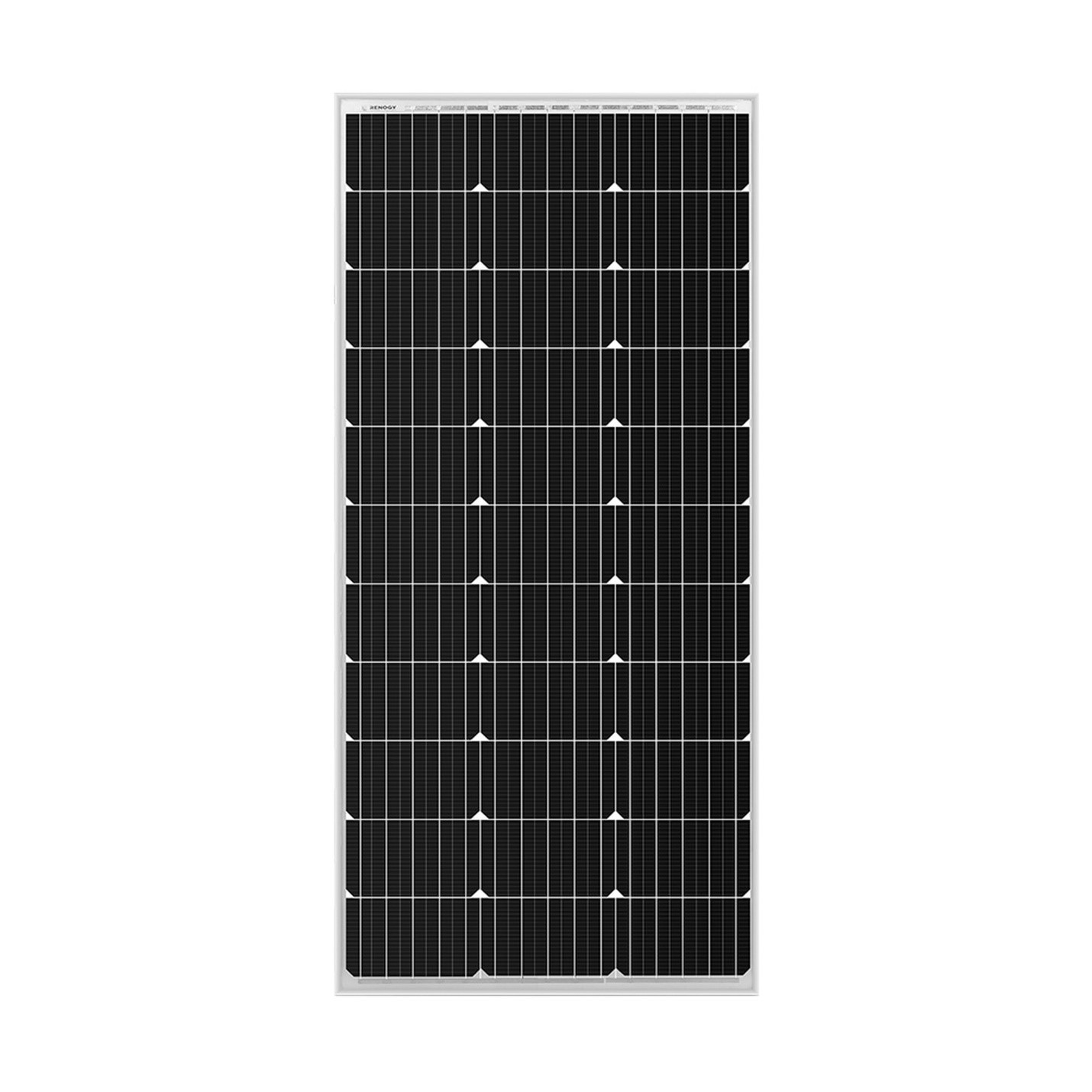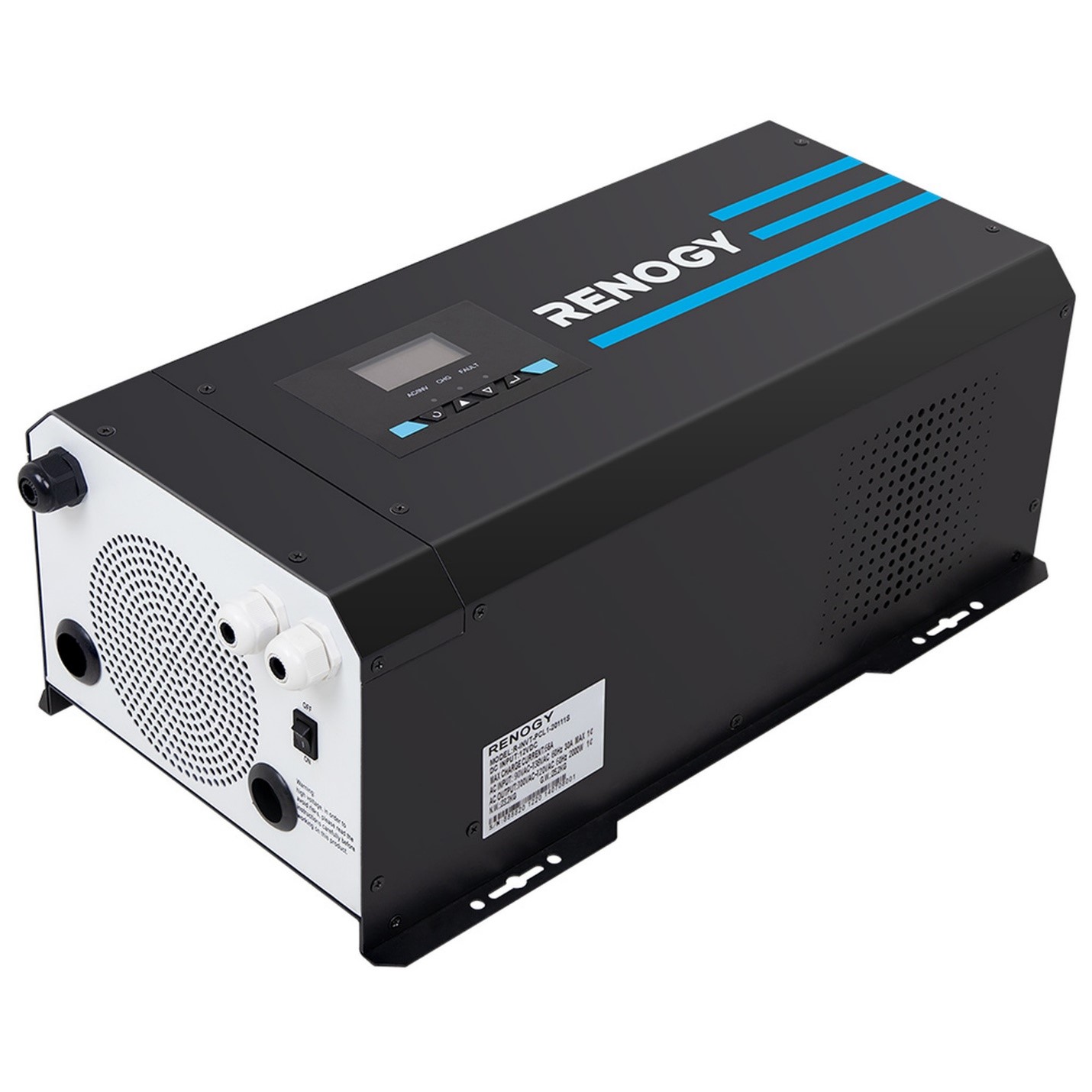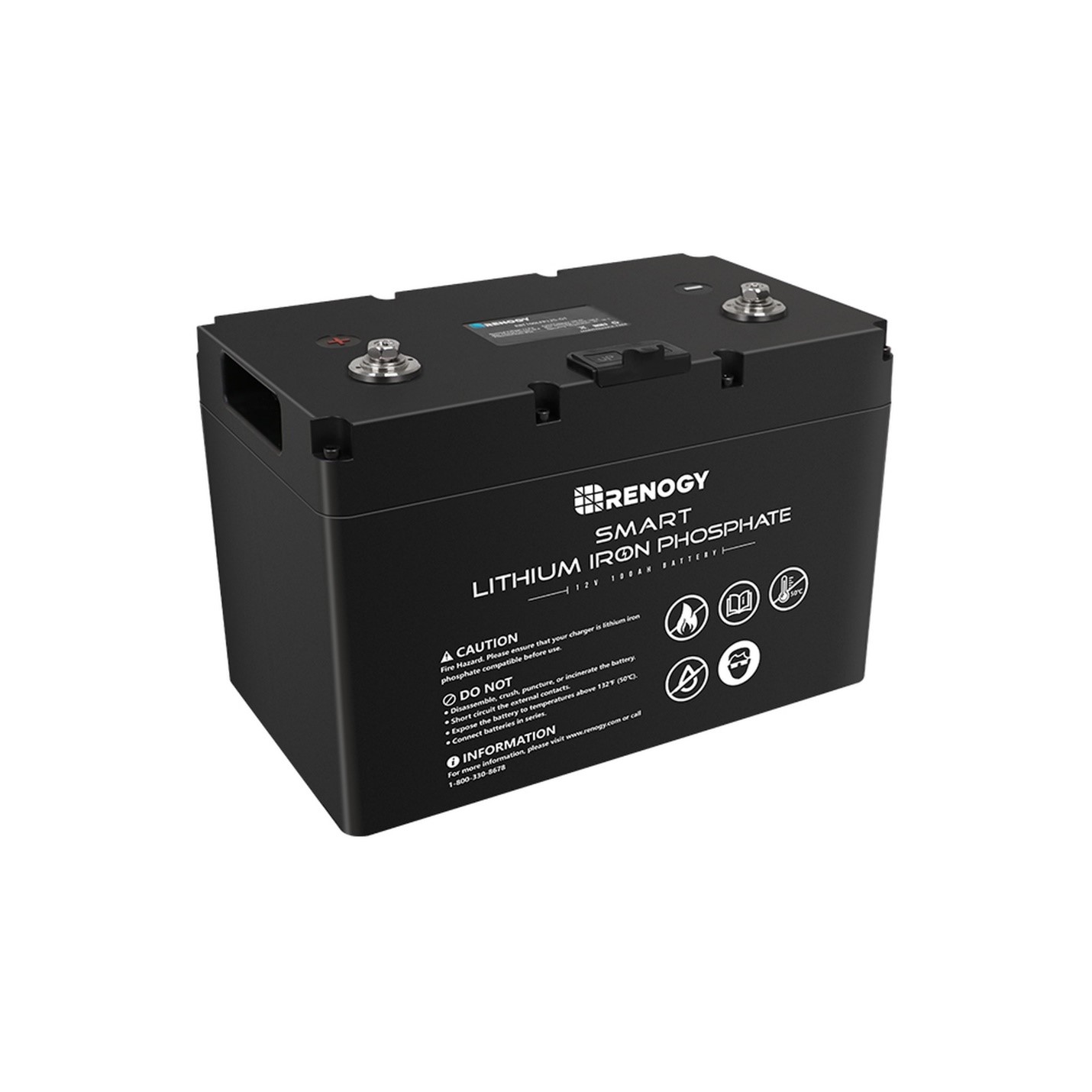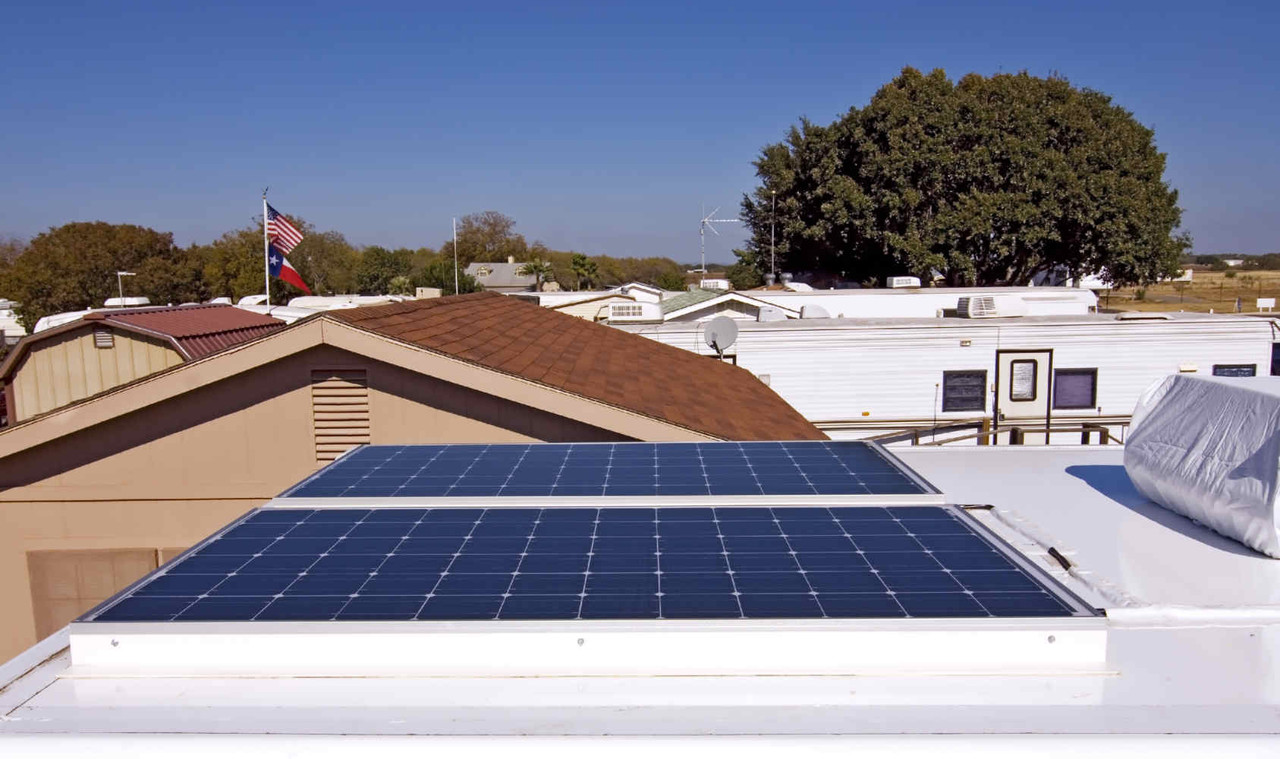How to Run RV Air Conditioning Off Solar
Can you cool your RV with solar powered air conditioning?
Can you cool your RV with solar powered air conditioner? When it comes to staying comfortable while living on the open road, heating and air conditioning are two amenities that many people view as essential. You probably already know that solar panels are a reliable and green way to supply power, but can they power an air conditioning unit? Is a solar power air conditioner a worthwhile investment? In short, yes, it is doable, but there’s a variety of factors and challenges to consider.
What are the benefits for solar on an RV?
There are many benefits to installing solar on your RV. Contrary to noisy, dirty gas-powered generators, solar power is clean and virtually silent. Also because you’re harnessing the power of the sun, you don’t have to spend extra money on gas for your generator.
Solar panels for your RV can recharge your house batteries, allowing you to run appliances while on the road without needing to hook up to power. Maintaining a steady stream of power can also extend the life of the batteries in your RV since you’re not constantly drawing down power from them.
Having a solar installation can also expand your camping options. While you may have previously stayed in campgrounds with hook-ups or RV parks to ensure steady access to electricity, now you can take your RV off-grid into more remote areas without worrying about being left in the cold.
Solar panels are also virtually maintenance free, requiring only minimal cleaning over time. Maintenance is especially easy for portable RV solar kits and panels that aren’t mounted on the roof.
Therefore, if you are wondering "how to run RV AC without genertor", solar power will be the best solution.
What RV dwellers should invest in solar?
First off, it’s important to evaluate your mobile lifestyle to see if going solar makes sense.
• You’re a weekend warrior: If you only go out in your RV on the weekends or for short periods of time, a complete RV solar system probably doesn’t make the most financial sense. We’d recommend a portable solar panel kit.
• You’re a boondocker: If you’re regularly camping or parking in areas without hookups for extended periods of time and don’t have access to constant electricity, a complete RV Solar system with solar panels, a battery, inverter, charge controller, and wiring can be a great investment that will pay for itself over time. We’d recommend the Renogy RV solar panel kit.
• You’re a full-timer who regularly stays at parks and campgrounds: If you live in your RV full-time and opt to stay at campgrounds or RV parks that have hook-ups, you probably don’t need a full solar installation. We’d recommend some portable solar panels or the Lycan solar powered generator.
Can you use solar power to run your RV AC Unit?
Installing solar on the roof of your RV to run air conditioning is indeed doable. When deciding if a solar system is worth investing in, some important things to consider include physical space available to install panels and batteries, budget, and the overall expected usage of a cooling system. Air conditioning systems are notorious for sucking up a lot of energy. If you’ve ever paid an electric bill in the middle of summer, you may be no stranger to utility bills topping hundreds of dollars due to expensive cooling systems. The same is true for RV AC systems, and you’ll need to install large solar panels, batteries, and inverters so make your own solar powered ac to meet the energy demands to cool your home.
Components you need to run RV solar powered air conditioner
The essential components you’ll need to consider and properly size as part of a system to power RV air conditioning are solar panels, inverters, and batteries.

Solar Panels
Installing solar panels on the RV roof or having a movable solar panel suitcase can effectively solve the problem of energy supply. With a right angle and aundant direct sunlight, the solar panels are able to generate electricity.
How many solar panels to run air conditioners?
The average RV air conditioner requires around 1,800 watts of electricity to start and 650 watts per hour to cool down your RV. If you’re in a school bus or an RV with ample roof space, you could consider a set of 16 x 100 watt solar panels to meet those energy needs. If you are more limited on space, you may want to consider looking into larger, high efficiency solar panels that are often found on residential homes. Renogy has high-efficiency solar panels for ac units.

It's crucial that your inverter is large enough to handle both the starting power and running power of your AC appliances. Inverters turn DC power produced from your solar panels and stored in your battery into AC power. An inverter is necessary to power the common appliances found in your RV, from TV’s to your air conditioner. An inverter for that large of a system used to power air conditioning is going to be extremely large. For an RV air conditioner, the starting wattage is typically around 3,000 watts. However, you’ll want to purchase an inverter between 3,500 and 4,000 watts so you don’t max out your inverter.
It also may be a good idea to buy a soft starter. A soft starter reduces the level of that initial power surge, often by more than 50%. This will allow you to have a smaller inverter to supply power to your air conditioner. Another option to consider is to run your AC on generator power for the first few minutes and then switch it off and rely on solar power. In this example, the generator is covering that initial energy spike.

Your battery bank is crucial in powering your RV AC setup. The more solar panels you have, the more power they can replenish in your batteries. However, this power is wasted if your batteries can't hold all the energy the panels produce. This is why it's important to make sure you have a large enough battery bank to meet the energy needs of an AC unit.
So how many 12 Volt batteries to run an air conditioner?
In order to get 8 hours of running an air conditioner on battery power, you will need a lot of batteries. You may need about 16 to 20 flooded, deep-cycle batteries, at 100 AH each, to run two air conditioning units for 8 hours. By comparison, you will need about 8 lithium batteries at 100 AH each.
Alternatives to RV Air Conditioners
If you don’t have the space or budget for solar powered air conditioning, there’s a few other options you may want to consider:
- Run your vehicle's air conditioning while the engine is on.
- Use a swamp cooler instead.
- Use shore power.
- Invest in fans and park in the shade.
How many watts does an RV AC use?
As we've mentioned before, RV air conditioner usually eats up 1,800 watts of electricity on average to start and runs on 650 watts per hour. However, the wattage of each RV air conditioner can be different. You can check it out on the specification tag or inquire your RV conditioner supplier for a specific answer.
Can you run RV air conditioner on 30 amp?
If you are living in an older generation of RV and your AC unit is large, it would be very little chance for the RV air conditioner to run on a 30 amp circuit. But on an RV with Energy Management Systems and the AC is energy efficient, it can be possible.
How much energy does my home need?
Don’t forget to evaluate your overall energy needs in addition to an air conditioning system. The Renogy Solar Panel Calculator is a great tool that makes it a quick and easy process to help determine your specific needs. The solar sizing calculator allows you to input information about your lifestyle to help you decide on your solar panel requirements.
What’s the verdict? Is it worth it?
As you can see, building a solar system to meet the energy needs of an RV air conditioner is no small task. Solar energy is definitely a long term investment. If you have a small RV with limited roof space, it may not be feasible to invest in solar to power an AC unit. However, if you live off-grid full time and have regular or occasional access to shore power, spending the money on a large solar installation to run your AC unit may make sense from a cost benefit analysis. Having a solar power air conditioner is beneficial to your electricity bill in the long term. By taking into account your overall energy needs and lifestyle, you’ll be able to make the right decision for your and your home.
See other related articles to learn more about off-grid solar knowledge:
Solar Panels 101: A Beginner's Guide
Do solar panels increase home value
how efficient are solar panels
How Many Solar Panels Do I Need








